Biotechnology is the field of science that uses the principles of biological science and technology to generate products that improve human health and the environment. This involves manipulating biological organisms and their components.
Traditionally, biotechnology referred to techniques utilizing living organisms for specific purposes, such as the production of fermented food. The field of biotechnology truly expanded in the 20th century with the discovery of molecular and cellular technologies.
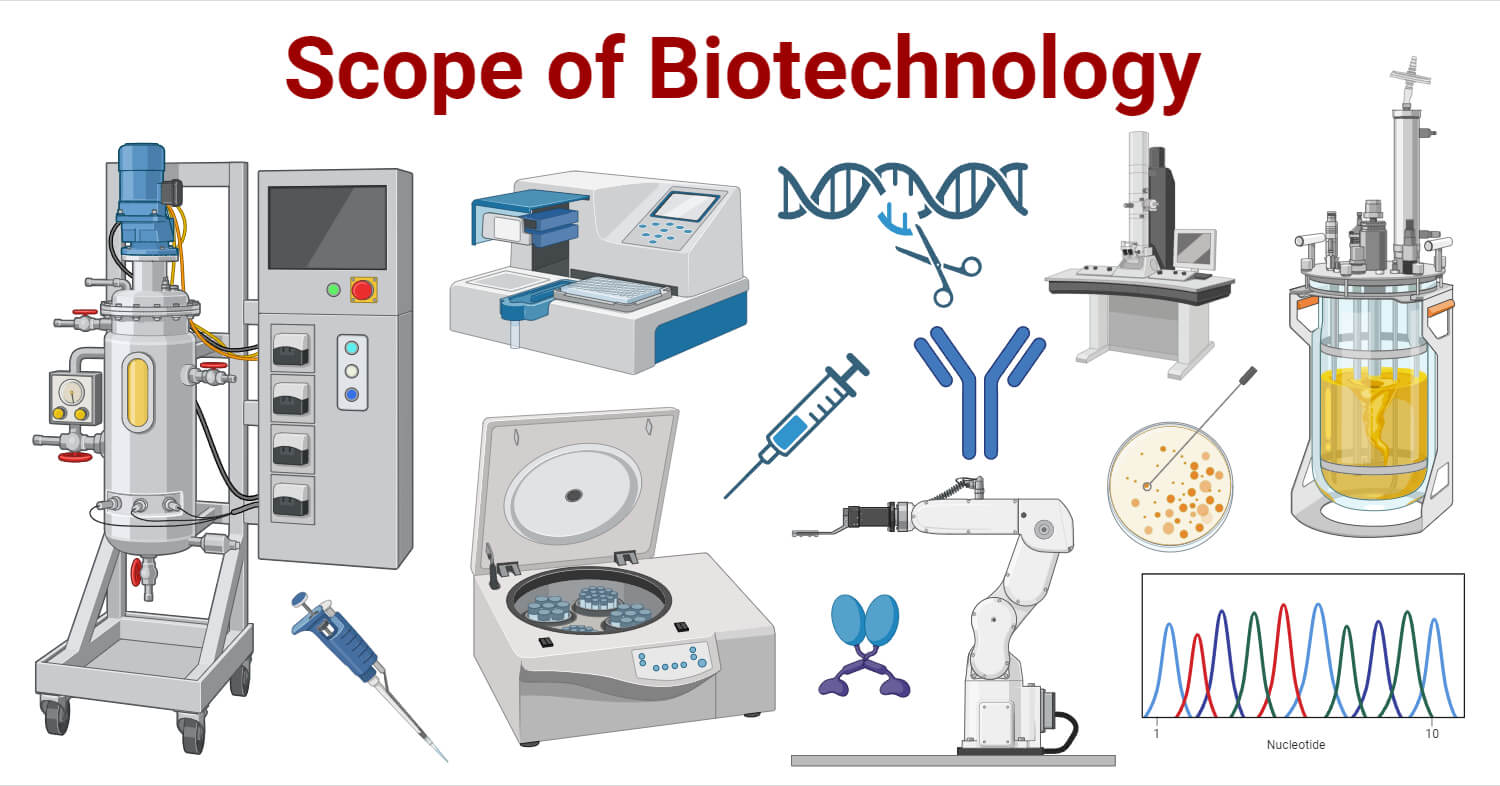
From the ancient practices of fermentation and cross-breeding to the modern techniques of genetic engineering, biotechnology has continuously evolved to include different technologies and processes for industrial, agricultural, and medical applications. Recent developments including CRISPR gene editing and mRNA vaccines have significantly advanced the field of biotechnology. While it has its downsides especially concerning ethical issues, it is important to consider such concerns and responsibly use the technology.
Interesting Science Videos
Biotechnology Historical background
The principles of biotechnology have been in use since ancient times even before the term ‘biotechnology’ was coined. The term “biotechnology” was only coined in 1919 by Karl Ereky.
Biotechnology has evolved through different stages throughout history. These stages can be categorized into ancient, classical, and modern biotechnology.
- Ancient biotechnology existed before the 1800s and saw initial applications of biotechnology. The ancient form of biotechnology included the selective breeding of plant and animal species by cross-breeding. This era also included the production of fermented foods such as bread, cheese, yogurt, and alcoholic beverages. Later, it was discovered by Louis Pasteur in the late 1800s that microorganisms were responsible for fermentation. Basic techniques for food preservation, such as storing food in cold caves or clay jars, were also developed during this period.
- Classical biotechnology started from the early 1800s to the mid-1900s. During this era, numerous scientific observations and evidence emerged that supported different biotechnological discoveries. Gregor Mendel’s Laws of Inheritance explained genetic transmission, laying the groundwork for modern genetics. Important developments, such as the invention of solid nutrient agar for microbial culture by Robert Koch and the discovery of antibiotics by Alexander Fleming, were also observed in this era.
- Modern biotechnology developed in the mid-20th century. Recombinant DNA (rDNA) technology was discovered in the early 1970s by Stanley N. Cohen and Herbert W. Boyer. Recombinant insulin became the first FDA-approved product of genetic engineering in 1982. Technological innovations, including DNA sequencing and amplification techniques, allowed gene manipulation and cloning. These inventions led to other landmark achievements such as the cloning of Dolly the sheep and the sequencing of the human genome. In the 1990s, gene therapy emerged as a promising field which led to the first successful treatments of genetic disorders such as cystic fibrosis. Since the 2000s, biotechnology has advanced with the rise of new fields such as synthetic biology, stem cell research, and regenerative medicine.
Branches of Biotechnology
The main branches of biotechnology are:
- Medical (Red) biotechnology is the branch of biotechnology that uses living organisms to understand, diagnose, and prevent diseases. This field uses biotechnological processes to produce recombinant pharmaceuticals, vaccines, and regenerative medicine like gene therapy and stem cells. These advancements have transformed the field of medicine, leading to safer drugs and better diagnostic methods. For example, the development of recombinant insulin in the 1980s transformed diabetes treatment. Other important areas of medical biotechnology include stem cell research, monoclonal antibodies, and nanomedicine.
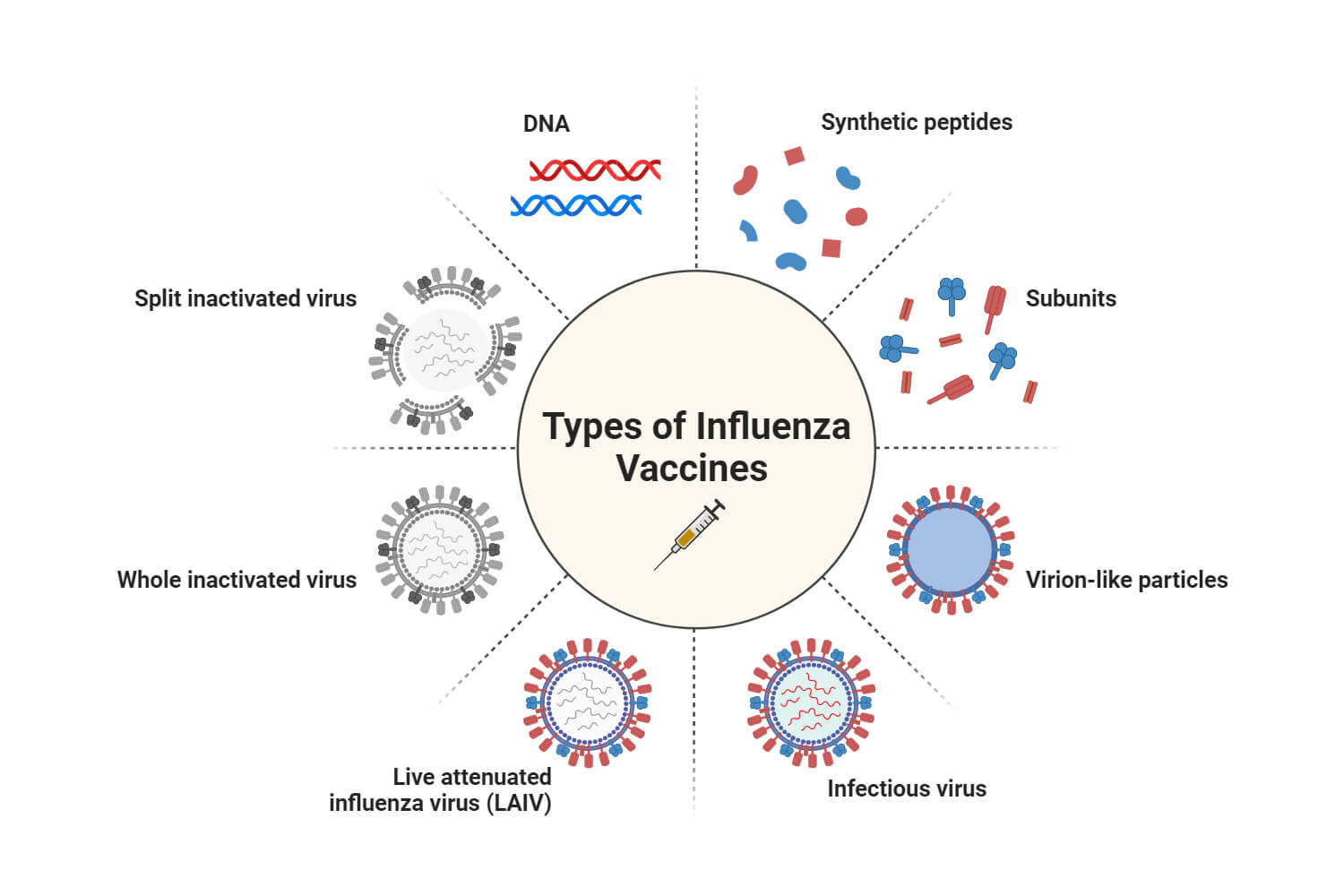
- Agriculture (Green) biotechnology uses biotechnology to enhance crop productivity and sustainability. One major application of agricultural biotechnology is in pest management. For example, genes from the bacterium Bacillus thuringiensis (Bt) can be inserted into plants to make them resistant to insects. Recombinant DNA technology can also produce genetically modified crops with desirable traits like higher yield, tolerance to environmental stress, and improved nutritional content.
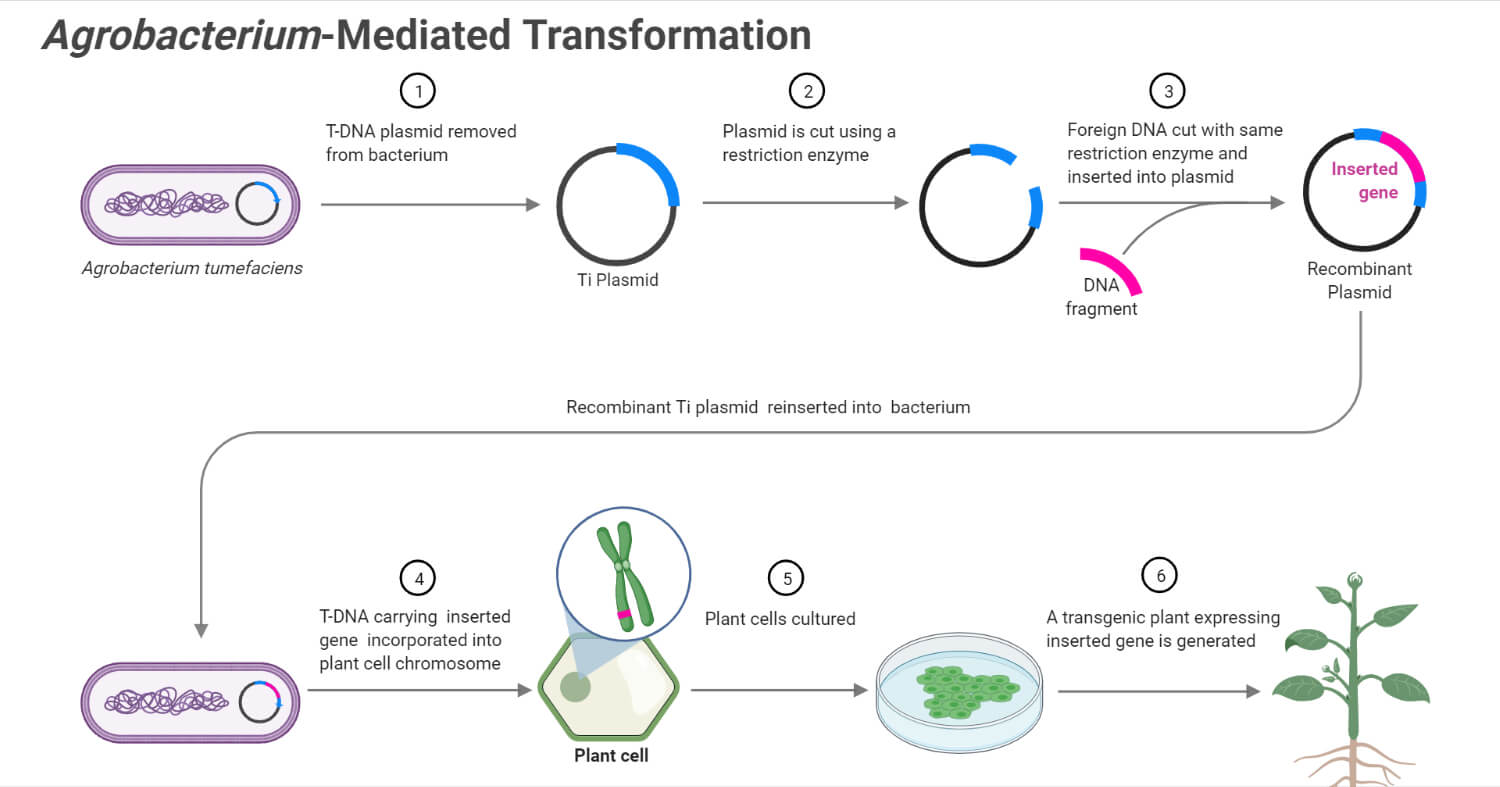
- Marine (Blue) biotechnology uses the resources found in aquatic environments for various applications, including medical and industrial purposes. Examples of biotechnological products from marine life include the Taq polymerase enzyme obtained from Thermus aquaticus found in hot springs that is used in PCR reactions and Green fluorescent protein (GFP) obtained from jellyfish for use as a reporter gene.
- Industrial (White) biotechnology uses biological processes to produce various products such as chemicals, fuels, enzymes, and other industrial products on a large scale. For example, using microbes to produce fermentation products. Industrial biotechnology also contributes to the development of sustainable manufacturing processes that reduce energy consumption, greenhouse gas emissions, and reliance on fossil fuels.
- Environmental biotechnology addresses environmental problems and promotes sustainable practices through biological processes. A major application is bioremediation, which uses plants or specific microbes to degrade harmful substances. Microbial biodegradation processes can break down contaminants into harmless byproducts, reducing environmental contamination.
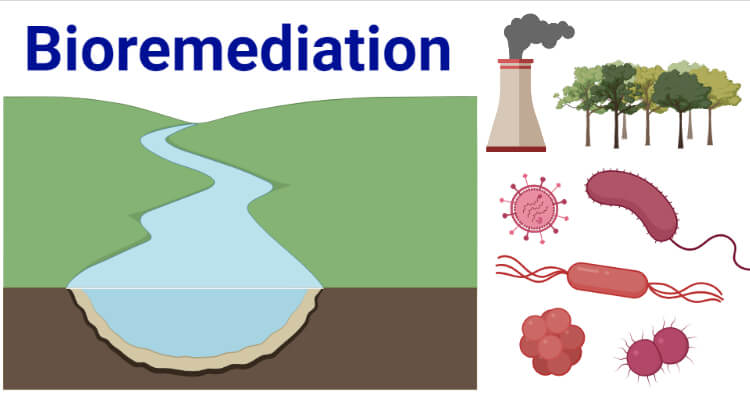
- Food Biotechnology is the branch of biotechnology that uses biological processes to improve the quality, nutritional value, and other aspects of food production. Food biotechnology uses microorganisms and fermentation techniques in food processing and preservation. Food biotechnology also contributes to the development of functional foods that may contain bioactive compounds, probiotics, or genetically modified ingredients.
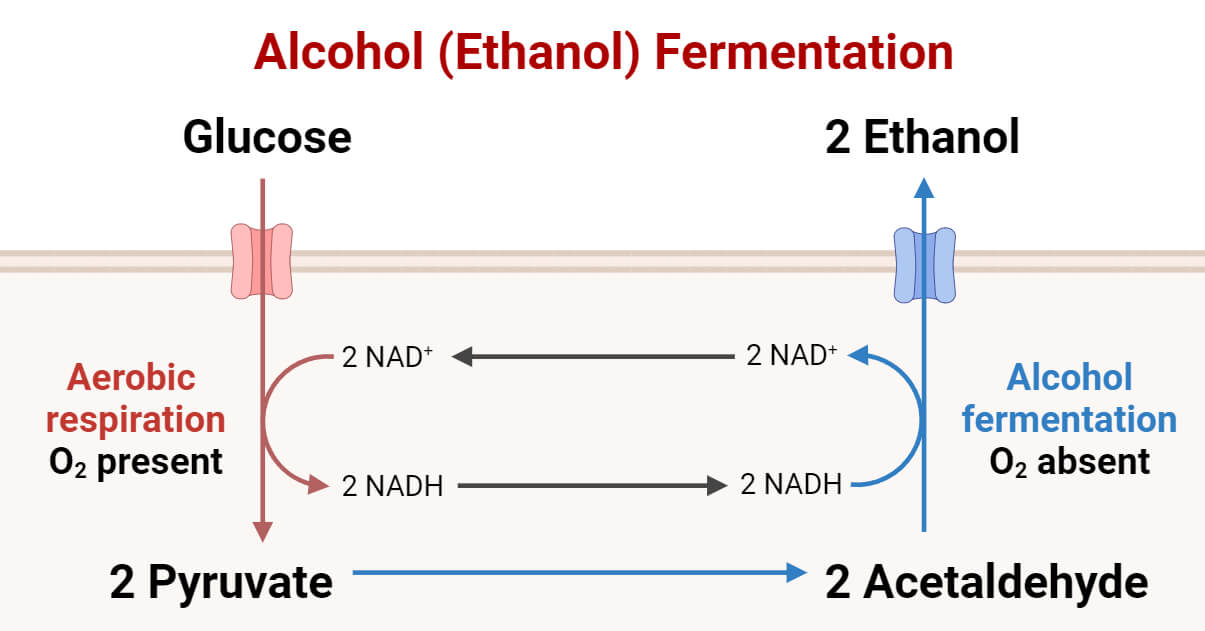
Scope and Career Opportunities of Biotechnology
The biotechnology industry offers diverse career opportunities in various sectors, including research and development (R&D), manufacturing, regulation, and management. Some of the scope and potential career opportunities in biotechnology are:
- Research associates support research scientists in conducting experiments, collecting data, and maintaining laboratory equipment. Biotechnology research associates can find opportunities in research laboratories, academic institutions, pharmaceutical companies, biotechnology firms, government agencies, and non-profit organizations.
- Research scientists lead and conduct scientific research. They design experiments, analyze data, and publish their findings in scientific journals. They work in academic institutions, pharmaceutical companies, biotechnology firms, and government agencies.
- Medical scientists conduct research to improve human health by studying diseases and developing new treatment methods through laboratory experiments and clinical trials. Medical scientists find career opportunities in hospitals, pharmaceutical companies, government agencies, and research firms.
- Biomedical engineers apply principles of engineering to design and develop medical devices, prosthetics, diagnostic devices, and biomedical equipment. They work in medical device companies, pharmaceutical companies, academic institutions, and research institutions.
- Microbiologists study microorganisms such as bacteria and viruses to develop vaccines, antibiotics, and other biotechnological products. They work in the food and beverage industry, pharmaceutical companies, healthcare institutions, and environmental agencies.
- Process development scientists design and optimize manufacturing processes for biotechnological products to increase efficiency and ensure adherence to regulatory standards. Opportunities lie in biopharmaceutical companies, biotechnology firms, contract manufacturing organizations (CMOs), and research institutions.
- Quality control scientists ensure the quality and safety of biotechnological products through several laboratory tests and monitoring. They work in different sectors including biopharmaceutical companies, the food and beverage industry, medical device manufacturers, and regulatory agencies.
- Patent lawyers in the field of biotechnology work to protect the intellectual property of a company related to biotechnological inventions. In government agencies, patent lawyers review patent applications and evaluate the novelty of the invention. They work in law firms, biotech companies, private institutions, and government agencies.
Importance of Biotechnology
Biotechnology has numerous applications in different fields.
- In the field of medicine, biotechnology can be used to produce biopharmaceuticals and diagnostic tools. Major biotechnological inventions include vaccines, monoclonal antibodies, gene therapy, and stem cell research.
- Environmental biotechnology has helped to address various environmental problems such as pollution and biodiversity conservation. This includes using microorganisms for oil spill cleanup, sewage treatment, and biogas production.
- Biotechnology allows the production of biofuels from renewable crops, reducing the use of nonrenewable fossil fuels.
- Biotechnology in agriculture has led to several advancements such as plant tissue culture and molecular breeding. These technologies help to develop crops with desirable traits such as high yield and pest resistance.
- Biotechnology can also be used to produce healthier and sustainable food products. For example, scientists have developed transgenic rice varieties called Golden Rice that contain increased levels of beta-carotene, a precursor to vitamin A.
Challenges and Concerns of Biotechnology
- Biotechnology has numerous benefits but it also has several challenges and unintended negative effects. Biotechnological advancements raise concerns about ethical issues, privacy, biosafety, and health impacts.
- Biotechnology raises complex ethical questions, especially concerning genetic modification. Ethical frameworks must be established to guide the responsible use and development of biotechnology.
- Biotechnology also raises concerns about the potential for biological weapons and bioterrorism. Using biosecurity measures is critical to address these risks.
- There are also issues related to patenting and intellectual property which can limit access to important discoveries.
- Genetically modified organisms (GMOs) also raise concerns about their potential environmental impact, including unintended effects on ecosystems and biodiversity.
- Public perception of biotechnology also varies widely. Many express concerns about safety, ethics, and potential risks. Effective communication and public engagement efforts can help to address misconceptions.
References
- Gupta, V., Sengupta, M., Prakash, J., Tripathy, B.C. (2017). An Introduction to Biotechnology. In: Basic and Applied Aspects of Biotechnology. Springer, Singapore. https://doi.org/10.1007/978-981-10-0875-7_1
- The next 25 years. (2021). Nature Biotechnology, 39(3), 249. https://doi.org/10.1038/s41587-021-00872-0
- Barney, N., & Lewis, S. (2022, November 1). biotechnology (biotech). Retrieved from https://www.techtarget.com/whatis/definition/biotechnology
- Verma, Ashish Swarup; Agrahari, Shishir; Rastogi, Shruti; Singh, Anchal1. Biotechnology in the Realm of History. Journal of Pharmacy and Bioallied Sciences 3(3):p 321-323, Jul–Sep 2011. | DOI: 10.4103/0975-7406.84430
- iSchoolConnect, A. (2023, November 1). The scope of biotechnology | A comprehensive guide. Retrieved from https://ischoolconnect.com/blog/the-scope-of-biotechnology-a-comprehensive-guide/
- The Editors of Encyclopaedia Britannica. (2024, April 18). Biotechnology | Definition, Examples, & Applications. Retrieved from https://www.britannica.com/technology/biotechnology
- Biotechnology FAQs. (n.d.). Retrieved from https://www.usda.gov/topics/biotechnology/biotechnology-frequently-asked-questions-faqs
- Joubert, S. (2023, December 8). Biotechnology Careers: In-Demand jobs shaping our future. Retrieved from https://graduate.northeastern.edu/resources/biotechnology-careers/
